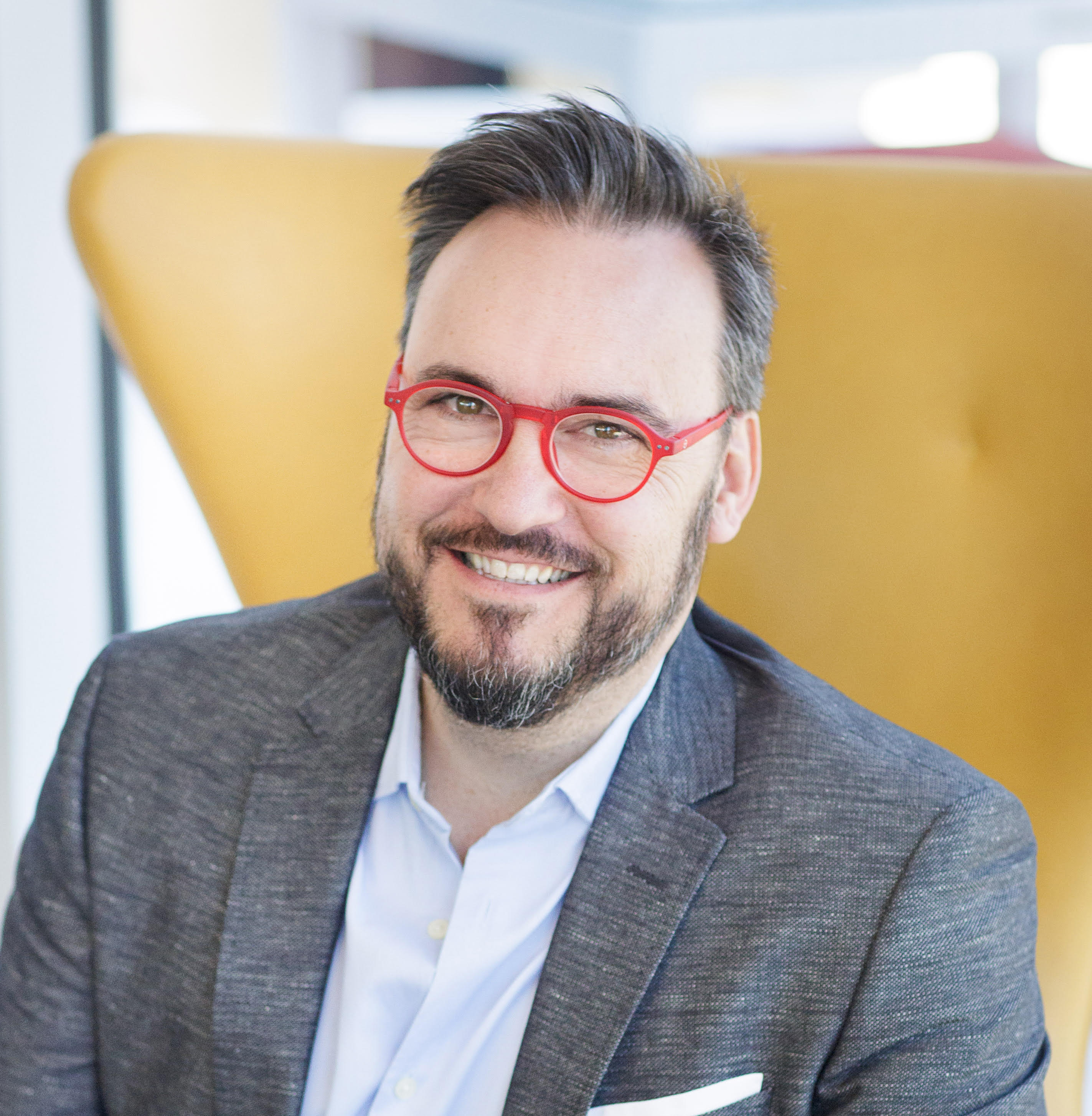To learn more about the
DDW session and to buy
tickets, visit here.
On Oct. 24, the session titled “From Zero to Circular” will unpack an issue that will be important not only in this nascent century, but the next one—and the next one after that: How to create a sustainable future and an eco-centered culture focused on zero waste and regenerative design.
We spoke with Jason Belaire, who is on the board of directors of the Industrial Designers Society of America and is leading the panel discussion for this session, about what guests can hope to learn. “I’m a 1980s punk rocker,” he says, “and I’m tired of screwing around. I’m tired of seeing people do stupid things.” You won’t want to miss this!
A: It’s important because there is not enough true change occurring—not only in the current political climate but in corporate America. From the top down, it’s really hard to create change once a CEO has been assigned to manage a company’s fiduciary responsibilities to the board and stakeholders. Often, unless you can talk about something in profitable terms, it’s hard to get attention and create any kind of real change. We’re not moving fast enough to create the kind of change we need to create, and that leads to a sense of urgency. This talk is geared toward addressing that urgency and figuring out ways to create fast change.



A: Not necessarily. It could be a startup. It could be a Fortune 500 or even a Fortune 100 company. It doesn’t matter. Human nature is the common denominator when it comes to sustainability. We want to talk about the emotional intelligence that exists around these issues. If you look at Kickstarter projects, you realize that a lot of people leave companies because they want to express their inner selves, which indicates that within corporate settings, we’re not necessarily fostering what is healthy and indicative of our best selves. Emotional intelligence evokes self-awareness and social awareness. If we start to understand ourselves, we will be better at assessing others and building relationships. Out of that come the processes that can really create change.
A: Circular design means, from a business-planning perspective, starting to allocate money to programs that really track how to create a product from cradle to grave. So you are intentionally creating designs that later can be dismantled and upcycled, re-used or broken down in a way that is friendly to the environment. That means using the materials and processes that allow you to do that.
A: Interestingly, there is not much out there right now. The quintessential current example might be Patagonia, which designs a product that can be eventually broken down so the zippers and fabric and buckles can be re-used again and again. My fellow presenters, Shujan Bertrand, who is the founder and CEO of Aplat, and Farrell Calabrese, who is the sustainability manager at Eastman, will talk about what they are doing. Shujan found a way to use recycled denim that would normally be thrown out. Farrell is from Eastman Chemical Co., which is one of the larger petroleum-based companies, and it is doing amazing projects that are sustainably minded.
A: I think the millennial generation has come in and said, “It’s super important for us to connect to things that are powerful and meaningful.” They are driving a lot of the awareness by buying things they feel a true connection with.
A: I’m hoping to draw not only consumers but the design community, so they will go back and look at things in a different way. The corporate mindset needs to respond, as well as consumers. When you look at history, there have always been little movements of people who aspire to do amazing things for the betterment of mankind and the betterment of the Earth. We need to try to educate people. I want people who come to this discussion to walk away truly empowered.

